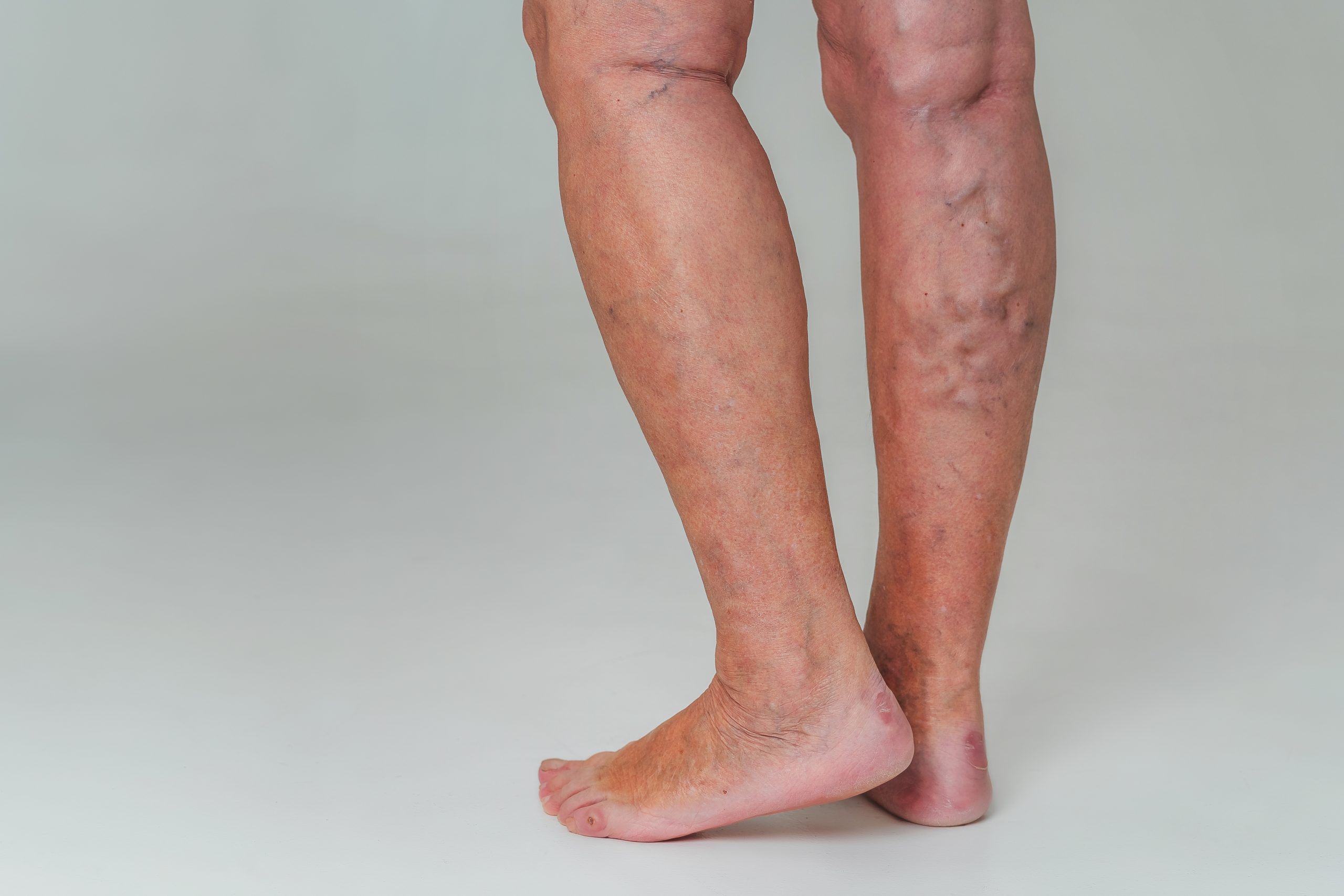The Dangers of Artery Diseases
The carotid arteries are much like the coronary arteries, in that they carry blood to a vital organ. Coronary arteries carry blood to the heart, carotid arteries make sure the brain is getting its adequate blood supply.
The health of your arteries is crucial in all aspects and must always be considered. Very similar to how you don’t want plaque in your coronary arteries, or any blockage for that matter, carotid arteries must be treated the same way. In your coronary arteries, it could lead to a heart attack, in your carotid arteries, it could lead to a stroke, or as some call it, a brain attack. Over time, the fatty substances or cholesterol build up around the walls of the carotid arteries and make them more narrow and harder for blood to travel through freely. If the arteries become blocked and cut off the blood supply to the brain, a stroke can occur.
Strokes and Atherosclerosis
Any time oxygen to any source of the body is cut off is not good. Oxygen travels by way of blood to the brain, and when the veins either constrict or are clogged, this can cause a stroke. If a stroke victim has no blood flowing to the brain for three hours or more, the damage is usually permanent. Atherosclerosis is when the arteries and veins that stem from them have narrowed due to age, cholesterol or another blockage, or plaque. Atherosclerosis is often the culprit of heart attacks, strokes, and peripheral vascular disease. A stroke may occur if any of the following happens:
- A piece of plaque breaks off of the artery walls
- The artery becomes severely narrow
- A blood clot forms an obstruction
- A vein that has atherosclerosis ruptures
Although these are the typical reasons for strokes, they don’t always occur because of the aforementioned reasons. Sometimes bleeding in the brain can cause a stroke, along with atrial fibrillation, high blood pressure, and cardiomyopathy.
Factors for Carotid Artery Disease
While many factors can contribute to artery diseases, there are few that are more severe and can contribute to stroke-causing diseases and illnesses. The following conditions may lead to stroke or atherosclerosis:
- A family history of atherosclerosis
- Diabetes
- Obesity
- Smoking
- A sedentary lifestyle
- Diabetes
- Abnormally high lipid counts
Symptoms of Stroke
There are many signs of a stroke, and not all of them, if experienced, mean a stroke was had. However, if any of these occur to you or someone else, get medical help as soon as humanly possible:
- Sudden loss or blurring of vision
- Weakness or numbness on one side of the face or body
- Sudden dizziness
- Inability to speak or formulate thoughts or words
- Sudden confusion
- Sudden severe headache
- Problems with memory or recalling familiar names
Again, if any of these symptoms develop, or are recurring, contact a medical professional as soon as you’re able to.
Staying Healthy
We all want to be and stay healthy, but we don’t always want to do what is necessary to live up to this standard. Unfortunately, our bodies are only as strong as what we put in them, how we treat them, and in part, genetic features. If you’re predisposed to any type of ailment, chances are your risk is higher than others. Eating right, eating less, and moving your body are great keys to success and staying on this planet as long as you’re able.


